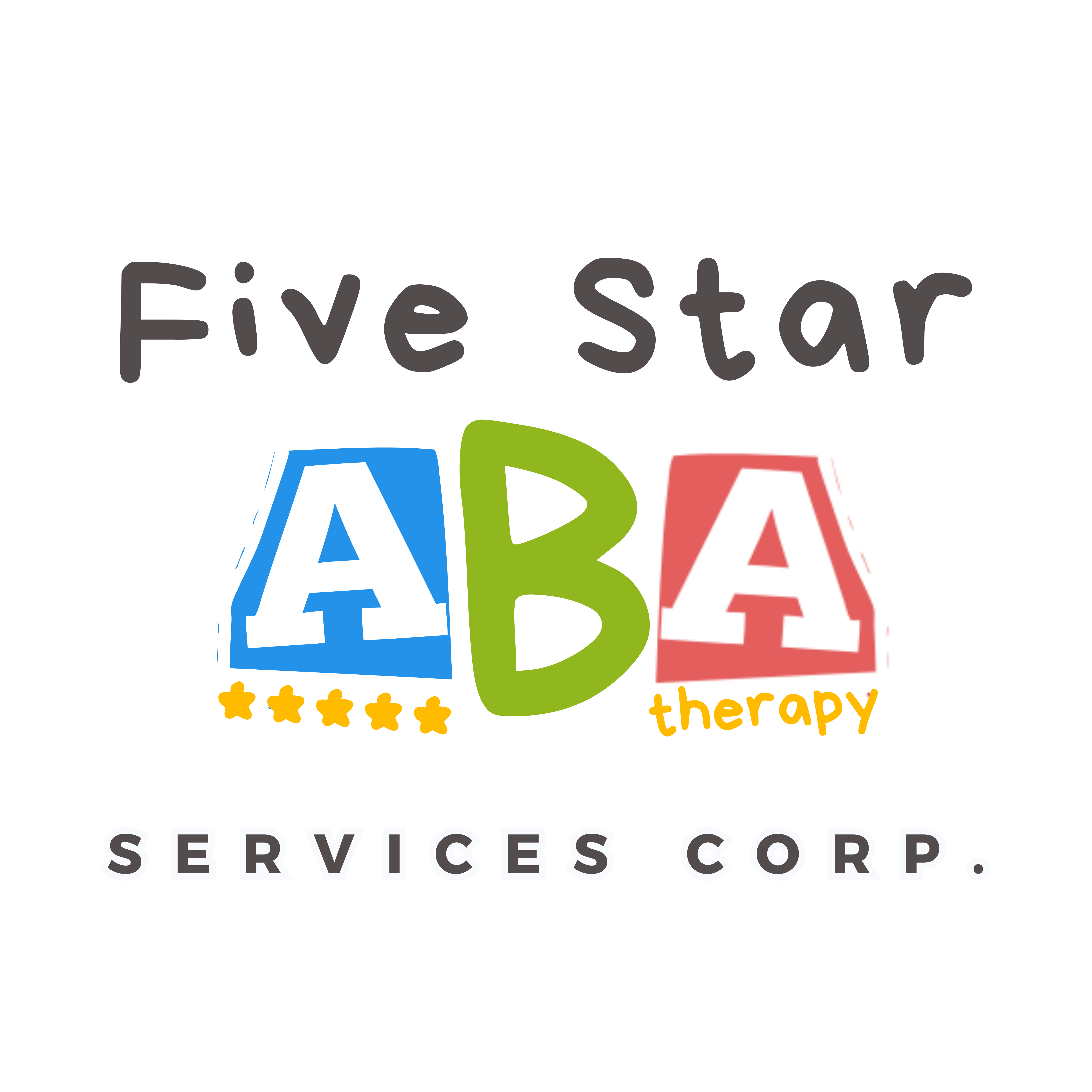Applied Behavior Analysis (ABA) is a scientific and systematic approach to understand and change behavior.
Here are some of the main benefits of ABA therapy for kids:

Behavioural Improvement
ABA therapy focuses on identifying and modifying specific behaviors. It helps children develop new skills and reduce challenging behaviours by breaking down complex tasks into smaller, more manageable steps.
Skill Development
ABA therapy emphasizes the acquisition of essential life skills, such as communication, social, academic, and daily living skills. It helps children develop a wide range of abilities that can enhance their independence and quality of life.


Functional Communication
For non-verbal or minimally verbal children, ABA therapy often incorporates strategies to enhance communication skills. This can include the use of augmentative and alternative communication (AAC) devices or teaching sign language.
Social Skills Enhancement
ABA interventions frequently target social skills development. This includes teaching children how to initiate and maintain social interactions, understand social cues, and participate in group activities.


Parental Involvement and Training
ABA therapy involves parents and caregivers in the treatment process. This includes training parents on ABA techniques so that they can reinforce skills and behaviors at home, promoting consistency across different environments.
Early implementation of ABA therapy, especially in the preschool years, has been shown to be particularly effective in improving outcomes for children with ASD. Early intervention can have a significant impact on long-term development.
How do I know if my child needs therapy?
ABA Therapy is commonly used for individuals with autism spectrum disorder (ASD), but it can be applied to other developmental and behavioral issues as well.
Here are some signs that may indicate that your child could benefit from ABA therapy:
Communication and Social Skills Delay
Repetitive Behaviours
Challenging Behaviours
Learning Delays
Adaptive Skills Deficits
Limited Play Skills
Keep in mind that early intervention is often key in addressing developmental delays, so seeking guidance as soon as you have concerns is advisable.

